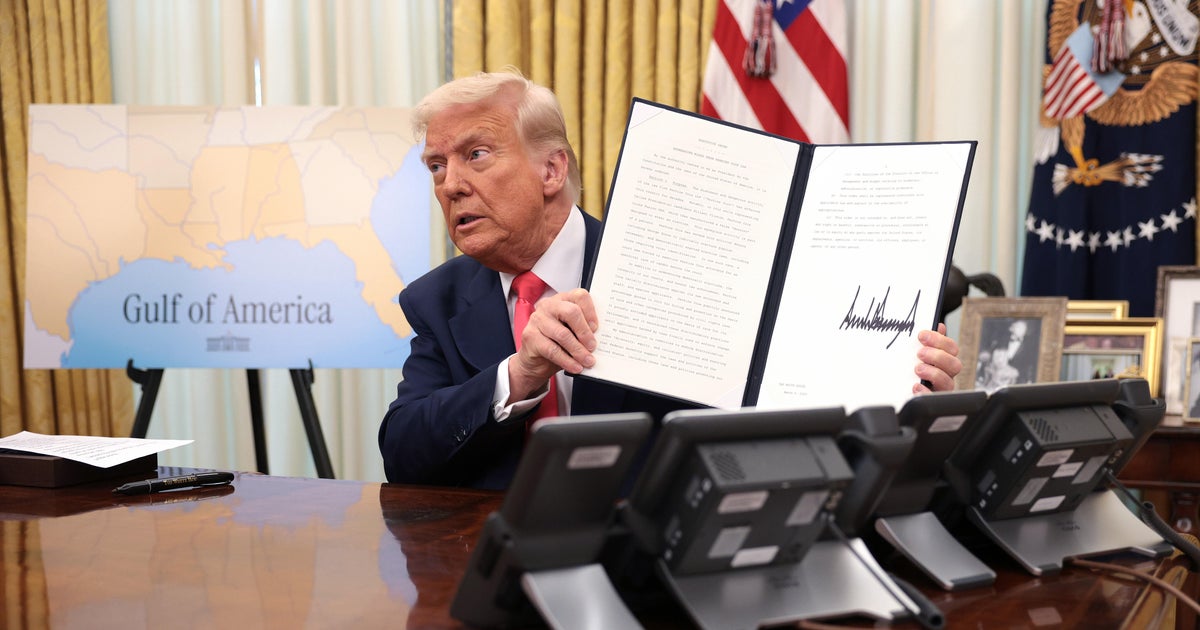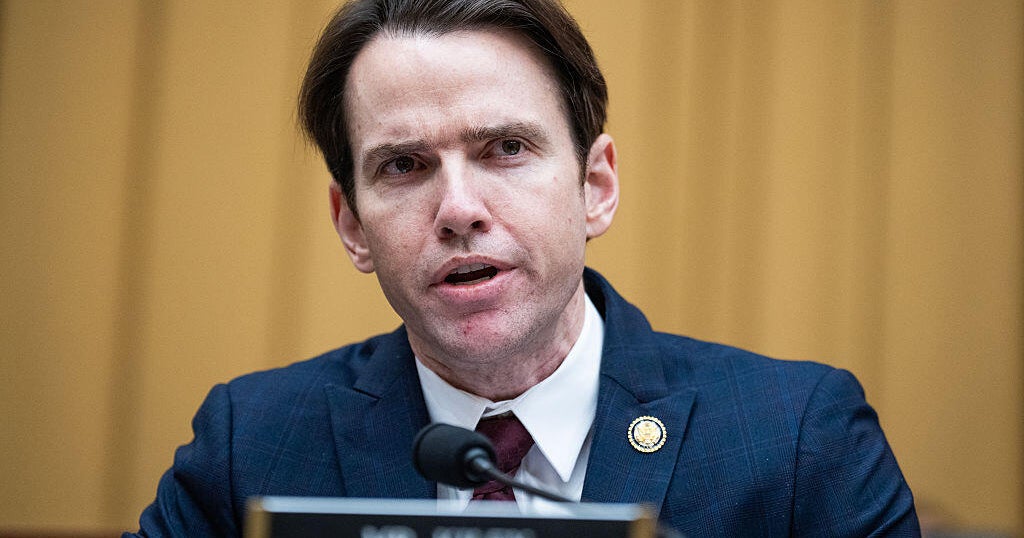Appeals court shows skepticism about forcing lower court to drop Flynn case
A panel of federal appellate judges expressed some skepticism about former national security adviser Michael Flynn's argument that the district court should be forced to dismiss Flynn's case. They pushed back on any notion that Judge Emmet Sullivan should be a "rubber stamp" on the government's decision to drop its prosecution after Flynn had been convicted.
The three judges sitting on the D.C. Circuit Court, who work in the same building as Sullivan, indicated that they lean toward allowing the process to play out on the district court level. For nearly two hours Friday the three parties ensnared in Flynn's appeal to the Federal Circuit Court presented their arguments telephonically, due to ongoing coronavirus restrictions.
In early May, using a rule in federal prosecutorial guidelines, the Justice Department announced that it would move to dismiss the criminal case against Flynn, who pleaded guilty to lying to federal investigators in connection with special counsel Robert Mueller's Russia probe. In response, Sullivan tapped former Judge John Gleeson in May as a "friend of the court" to argue against the Justice Department's move to drop the criminal case against Flynn.
In response to Gleeson's appointment, Flynn's legal team asked the Court of Appeals to force Sullivan to approve the Justice Department's motion to dismiss and reassign Flynn's case to another district judge.
On Tuesday, Gleeson filed his brief finding that the department engaged in "highly irregular conduct" and asserted that Sullivan should uphold the criminal charge against President Trump's first national security adviser.
"That is about as straightforward a case of materiality as a prosecutor, court, or jury will ever see," Gleeson wrote. "In asserting otherwise, the Government struggles mightily to argue that Flynn's false statements neither affected nor could have affected the FBI's investigation of his and his colleagues' potential ties to the Russian government."
Judge Neomi Rao asked Beth Wilkinson, who appeared as counsel on behalf of Sullivan, what Gleeson's appointment signified, since many have leveled the criticism that his involvement in the case is tainted by politics. Days before Sullivan announced his involvement, Gleeson co-authored an op-ed in The Washington Post criticizing the Justice Department's decision to drop Flynn's charges.
"All we're doing coming forward is arguing the other side, and all the district court was doing is appointing an amicus to say what is the scope of the authority, can a motion — an unopposed motion under Rule 48 — be denied, and if so what is the standard," Wilkinson explained.
Flynn's defense attorney, Sidney Powell, and Principal Deputy Solicitor General Jeffrey Wall, arguing on behalf of the Justice Department on Friday, tried to convince the panel that Sullivan was acting beyond the scope of his jurisdiction by appointing Gleeson and dragging the matter out by holding his own hearing.
"We are here now to stop further impermissible intrusion into the sole power of the executive branch," Powell declared. "There is no case or controversy any longer, the parties have decided. The government has quit. And [Judge Sullivan] also has no authority to go into the reasons behind the Executive's determination to dismiss the case."
Circuit Judge Karen LeCraft Henderson disagreed with Powell's characterization of the bounds of the jurist's authority.
"The courts have said he's not merely a rubber stamp either. So, there's nothing wrong with him holding a hearing as far as I know," Henderson said. "I don't know of any authority that says he can't hold a hearing before he takes action."
Wall, however, jumped in, arguing that Sullivan was casting doubt on the government's decision, thereby damaging the individual powers of the executive branch to make their own prosecutorial decisions. He said Sullivan's action "threatens to be a spectacle on the district court."
But Judge Henderson, who called Sullivan an "old hand," and an "excellent trial judge," questioned why Flynn's team and the government were not willing to wait until after Sullivan reached his final decision.
"I don't see why we don't observe regular order and allow him to rule? For all we know he will say, 'This amicus brief is over the top; the dismissal motion is granted,'" Judge Henderson said to Wall.
"I think we're well past regular order," Wall argued. "It's still not the case that the parties haven't suffered harms. The harms to General Flynn are obvious."
Wilkinson countered, "There is no reason at this point to fear that the district court is going to deny the government's motion to dismiss."
"The district court is not acting as a prosecutor, your honors, nor has he made up his mind about the pending issues. He's considering the government's motion and receiving briefing from all the parties. After hearing the arguments, Judge Sullivan will do what he's called on to do on a daily basis, he will decide the motion," Wilkinson concluded. "There is no clear and indisputable justification for this court to enter the fray now and stop a federal district court judge from carrying out his Article 3 responsibilities."
No ruling was made Friday, but a decision is expected fairly soon, since oral arguments before Sullivan are scheduled for July 16.
In an interview with CBS News' Catherine Herridge in May shortly after the Department's decision to drop the case, Attorney General William Barr justified the move, claiming the FBI "did not have a basis for a counterintelligence investigation against Flynn" when it interviewed him in 2017 about his conversations with Russian Ambassador Sergey Kislyak. Barr said a call between Flynn and the ambassador was "perfectly legitimate and appropriate," given Flynn's role in Mr. Trump's transition.
Flynn was fired as national security adviser just weeks into the Trump administration for lying to Vice President Mike Pence about what he had discussed with the Russian envoy.



